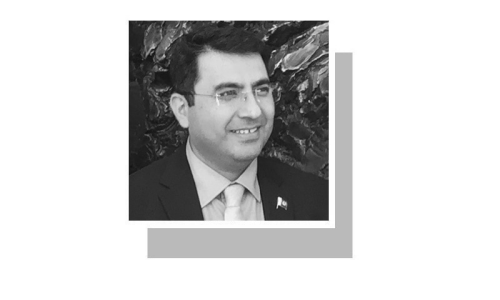ISLAMABAD: Chief Justice of Pakistan (CJP) Yahya Afridi on Friday called Judicial Commission of Pakistan’s meeting on Dec 6 to consider Justice Shahid Bilal Hassan’s nomination to become eighth judge of the constitutional bench, formed under the 26th amendment.
The meeting has been called against the backdrop of a request made to the commission by the three-judge committee after realising that one of the judges on the existing seven-member bench, Justice Ayesha A. Malik, was also part of the Supreme Court bench that had declared the military trial of May 9 violence suspects unconstitutional.
Since the ruling is under challenge before the seven-judge bench through intracourt appeals and Justice Malik was part of the earlier judgement, she may not be able to hear them.
The Shuhada Forum Balochistan also moved an application before the SC with a request for early fixation of the set of pending ICAs, pointing out that the right to life and liberty of individuals cannot be curtailed in any manner whatsoever under Article 9.
Besides, the JCP in its meeting next week may also consider elevation of 21 nominations for the vacant position of additional judges of the Sindh and Peshawar high courts.
Backlog of cases
On the other hand, the SC in a significant stride in the dispensation of justice disposed of as many as 4,372 cases during the last one month. Also, 1,853 new cases were instituted from Oct 28 to Nov 29.
According to a statement, the achievement reflects a renewed impetus towards clearing the backlog of cases and providing timely relief, as the CJP along with other judges work relentlessly to ensure that the top court remains responsive to the needs of the public.
In addition to accelerating case disposal, the statement said, the CJP placed judicial reforms at the forefront of his agenda. Over the past month, Justice Afridi chaired several sessions to review progress in key areas, particularly IT advancement to modernise court operations, improve case management and optimise human resources. The efforts aim to streamline workflows, reduce delays, and enhance the capacity of judicial staff.
Published in Dawn, November 30th, 2024















































Dear visitor, the comments section is undergoing an overhaul and will return soon.